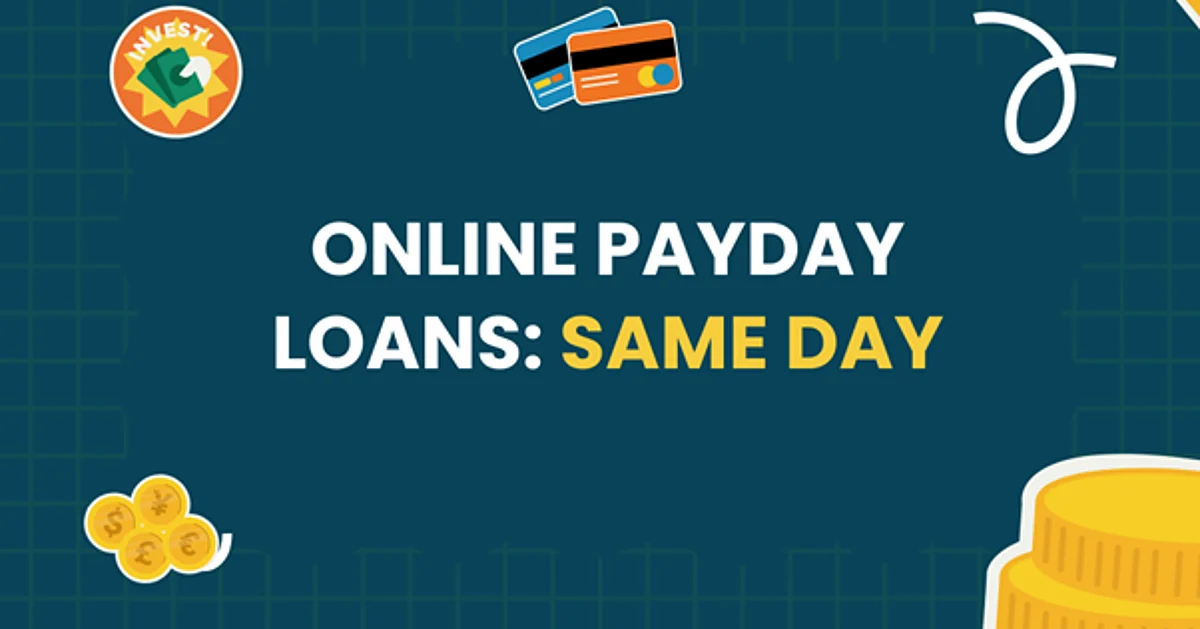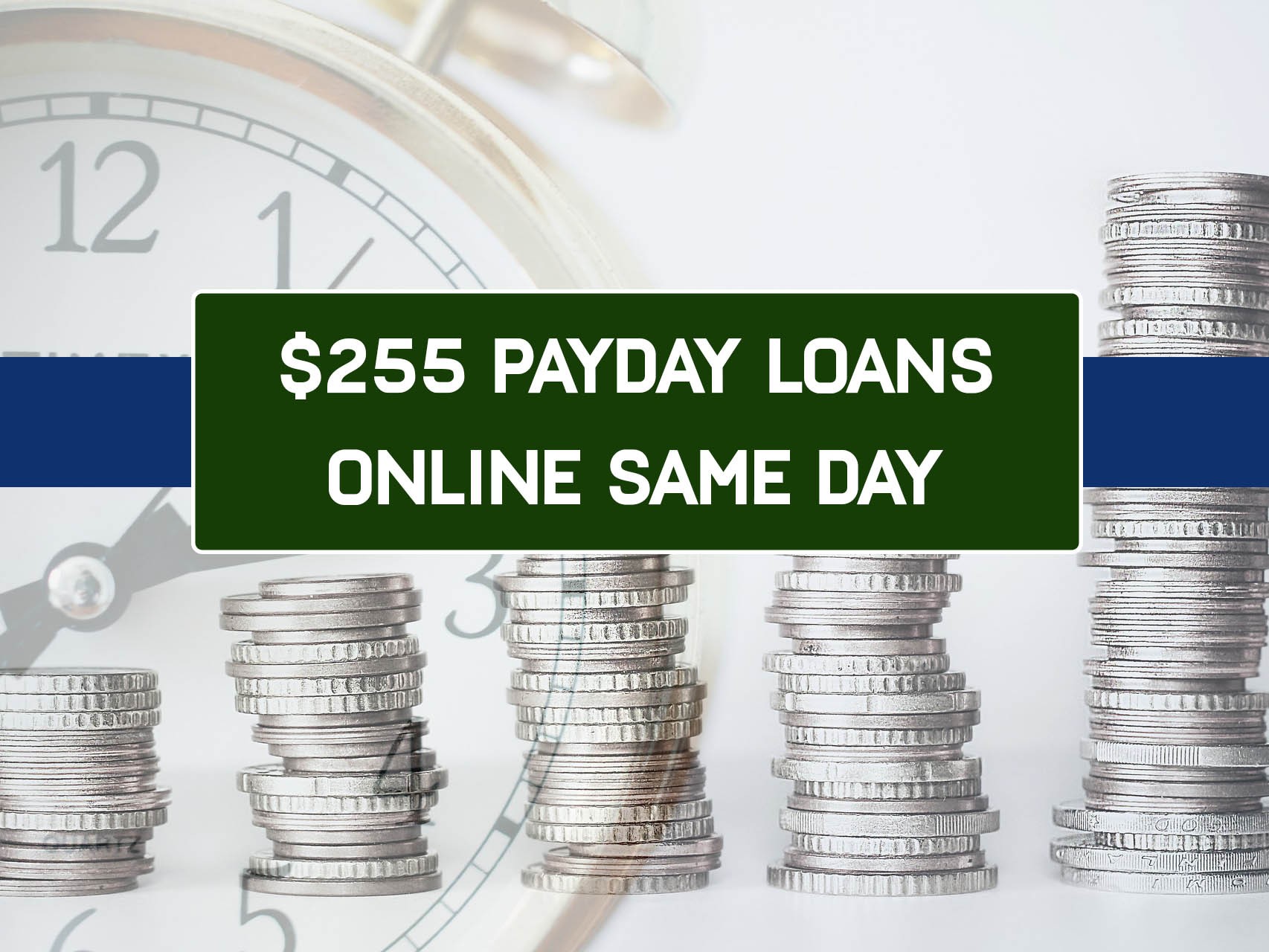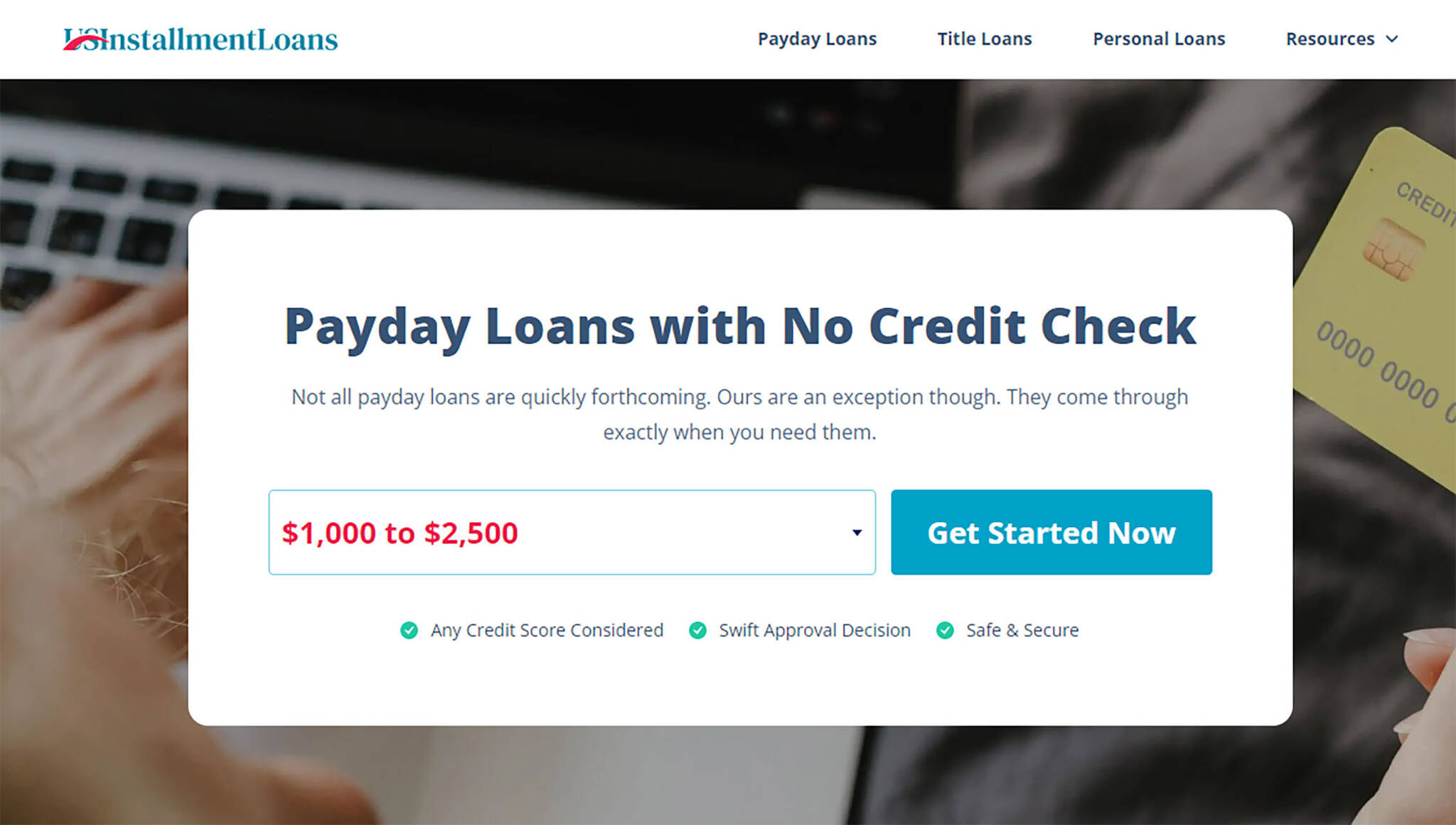Payday Advance No Credit Check Direct Lenders

Imagine Sarah, a single mother juggling two part-time jobs, staring at a looming electricity bill. Her car repair depleted her savings, and payday is still a week away. Panic sets in – a familiar, unwelcome guest. Then, she sees an online ad: "Payday Advance, No Credit Check, Direct Lenders!" A beacon of hope, or a mirage in the financial desert?
This article explores the world of payday advance no credit check direct lenders. It examines their appeal, the potential pitfalls, and offers insights for navigating this complex landscape with caution and informed awareness.
The Allure of Instant Relief
Payday loans, by their very nature, offer a quick fix. They're designed to bridge the gap between paychecks, providing small amounts of cash to cover immediate expenses.
The "no credit check" aspect is particularly alluring to individuals with less-than-perfect credit scores. Traditional lenders often deny loans to those with blemishes on their credit reports, leaving them feeling trapped.
Direct lenders promise to cut out the middleman, potentially streamlining the process and offering faster funding. This direct access can be appealing, especially when facing an urgent financial need.
Behind the Curtain: Understanding the Mechanics
So, how do these loans actually work? Typically, borrowers provide proof of income and a bank account. The lender then approves a small loan, which is expected to be repaid on the borrower's next payday.
While the process may seem straightforward, the devil is often in the details. Interest rates on payday loans are notoriously high, often expressed as an annual percentage rate (APR) that can soar into the triple digits, according to the Consumer Financial Protection Bureau (CFPB).
These high rates can quickly turn a small loan into a significant debt burden. Fees and penalties for late payments or rollovers (extending the loan term) further exacerbate the problem.
The "No Credit Check" Myth
It's crucial to understand what "no credit check" truly means. While these lenders may not pull a traditional credit report from major credit bureaus (Equifax, Experian, TransUnion), they often employ alternative methods to assess risk.
This might involve verifying employment, checking bank account activity, or using proprietary scoring models. These methods, while not traditional credit checks, still aim to gauge the borrower's ability to repay the loan.
Some lenders may also report payment behavior to alternative credit bureaus, which could impact a borrower's overall creditworthiness, even if it doesn't show up on a traditional credit report.
Navigating the Landscape: Tips for Borrowers
If you're considering a payday loan, proceed with extreme caution. Explore all other options first, such as borrowing from friends or family, negotiating payment plans with creditors, or seeking assistance from local charities or government programs.
If a payday loan seems like the only option, research multiple lenders and compare interest rates, fees, and repayment terms. Always read the fine print carefully before signing any agreement.
Be wary of lenders who are not transparent about their fees or who pressure you into borrowing more than you need. Legitimate lenders will clearly disclose all terms and conditions.
The Regulatory Environment: A Patchwork of Laws
The regulation of payday loans varies significantly from state to state. Some states have banned payday lending altogether, while others have strict caps on interest rates and fees. Other states have more lenient regulations.
The CFPB has attempted to establish federal regulations to protect consumers, but these efforts have faced legal challenges and the regulatory landscape remains complex.
Borrowers should be aware of the laws in their state and ensure that any lender they work with is licensed and compliant with those regulations. Check with your state's attorney general or consumer protection agency for more information.
Alternatives to Payday Loans: Exploring Better Options
Fortunately, there are often better alternatives to payday loans. Credit unions and community banks may offer small-dollar loans with more reasonable interest rates and repayment terms. These are also easier to deal with.
Paycheck advance apps, while not without their own fees, can provide a more affordable way to access funds early. These apps typically allow you to borrow a portion of your earned wages before payday.
Building an emergency fund, even a small one, can provide a financial cushion to avoid the need for payday loans in the first place. Start small and contribute regularly to build a safety net.
The Long-Term View: Building Financial Stability
Payday loans can provide temporary relief, but they are not a long-term solution to financial problems. Addressing the underlying causes of financial instability is crucial for building a secure future.
This may involve creating a budget, reducing expenses, increasing income, and improving credit scores. Seek financial counseling or education to gain the skills and knowledge needed to manage your finances effectively.
Remember, financial stability is a journey, not a destination. By taking small, consistent steps, you can build a brighter financial future and avoid the pitfalls of predatory lending.
Conclusion: Proceed with Eyes Wide Open
The world of payday advance no credit check direct lenders is filled with both promise and peril. While the allure of quick cash is undeniable, the high costs and potential for debt traps are significant concerns.
By understanding the mechanics of these loans, exploring alternatives, and taking a long-term view of financial stability, borrowers can navigate this landscape with greater awareness and make informed decisions that support their financial well-being. Sarah, with her mounting electricity bill, ultimately chose a different path. She spoke with her utility company about a payment plan, and reached out to a local community organization for assistance. It wasn't as quick as a payday loan, but it was a safer, more sustainable solution.
The key takeaway? Hope is not found in a quick fix, but in informed choices and a commitment to long-term financial health.











![Payday Advance No Credit Check Direct Lenders 1 Hour Payday Loans No Credit Check | [year] Guide](https://avocadoughtoast.com/wp-content/uploads/2022/02/1-Hour-Payday-Loans-No-Credit-Check.png)






